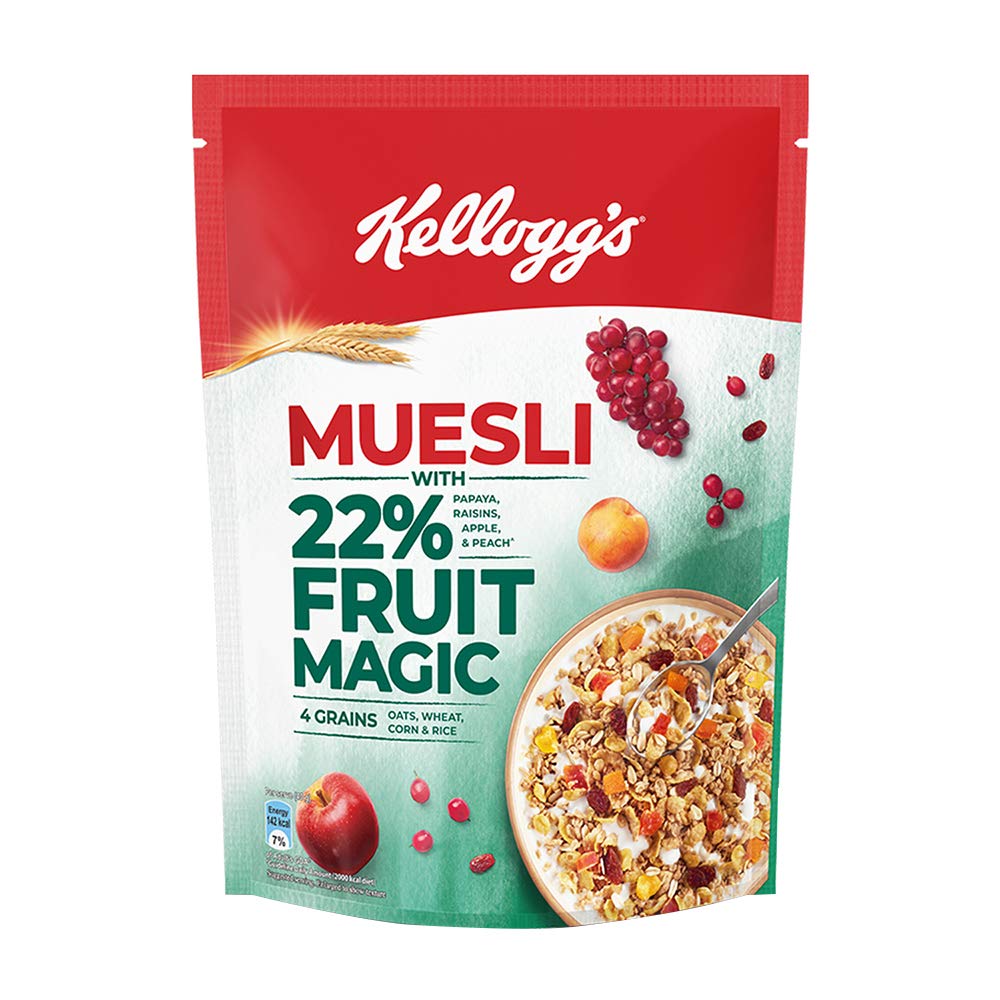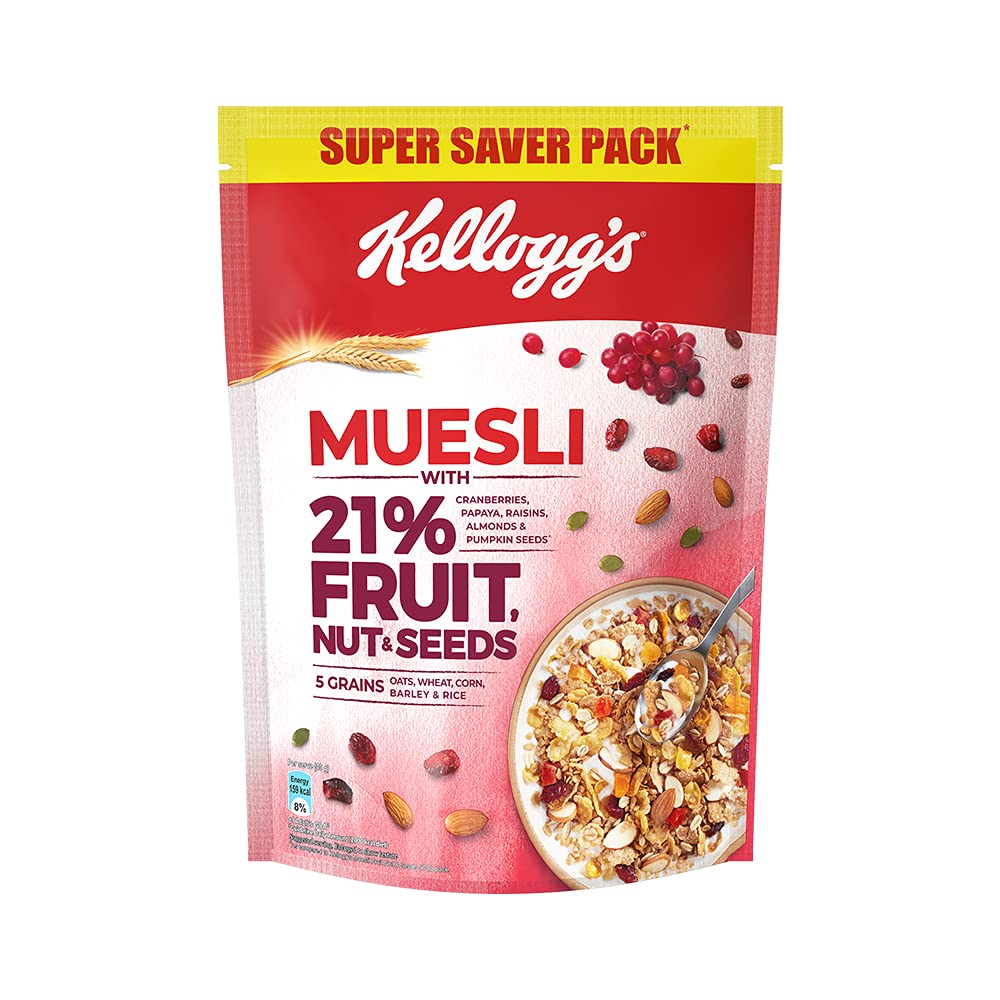Vitamin B1 (Thiamine)
Micronutrient
Last update date: October 11, 2023
Vitamin B helps to turn food into energy and keep the nervous system healthy. It can help improve concentration and memory.
Frequently Asked Questions
1.
What is Vitamin B1 (Thiamine)?
Thiamin, also known as vitamin B1, is an important water-soluble nutrient naturally found in foods and available as a supplement. It plays a vital role in supporting the growth and function of cells throughout your body. Since the body doesn't store large amounts of thiamin, it's necessary to consume foods rich in this nutrient regularly.
2.
What is positive impact of Vitamin B1 (Thiamine)?
Vitamin B1, or thiamin, has significant positive impacts on your health and well-being: Energy production: Vitamin B1 plays a crucial role in converting carbs you eat to usable energy fuelling your body. Nervous System function: Vitamin B1 also aids in the transmission of nerve signals and maintaining cognitive function. Heart health: It greatly contributes to a healthy cardiovascular system regulating heart contractions and maintaining a normal heart beat. Digestive health: It plays a role in maintaining a healthy digestive system by promoting the production of stomach acid, aiding in food breakdown and digestion. Brain function: Thiamin is crucial for brain health, supporting memory, concentration, and overall mental clarity.
3.
What is negative impact of Vitamin B1 (Thiamine)?
While thiamin is generally safe and well-tolerated, some individuals may experience allergic reactions or rare side effects. If you have any signs of an allergic reaction to thiamin, such as hives, difficulty breathing, or swelling of your face, lips, tongue, or throat, seek immediate medical assistance. Serious side effects of thiamin are extremely rare, but if you notice symptoms like blue-colored lips, chest pain, shortness of breath, black or bloody stools, or coughing up blood or vomit that resembles coffee grounds, contact your doctor promptly. It's important to remember that such side effects are uncommon and most people can safely consume thiamin without any negative impact.
4.
Who should avoid Vitamin B1 (Thiamine)?
Thiamin is generally safe for consumption by most individuals. However, it may not be suitable for certain people. If you have previously experienced an allergic reaction to thiamin or any other medicine, it's important to inform your doctor before starting thiamin supplementation. Additionally, if you are scheduled to undergo any blood tests or scans, it's crucial to let your healthcare provider know as thiamin can potentially affect the results of certain diagnostic tests. By informing your doctor about your medical history and ongoing treatments, they can provide appropriate guidance regarding the use of thiamin.
5.
What are common sources of Vitamin B1 (Thiamine)?
Include thiamin-rich foods in your diet for proper intake. Good sources of thiamin include: Meats: Pork, beef, poultry, and organ meats. Fish: Salmon, trout, tuna, and mackerel. Whole Grains: Brown rice, whole wheat bread, oatmeal, and quinoa. Legumes: Beans, lentils, and green peas. Enriched Foods: Certain breakfast cereals, breads, and baby formulas are fortified with thiamin. Please note that thiamin deficiency can lead to health issues, so it's important to maintain a balanced diet that includes these sources of thiamin.


























